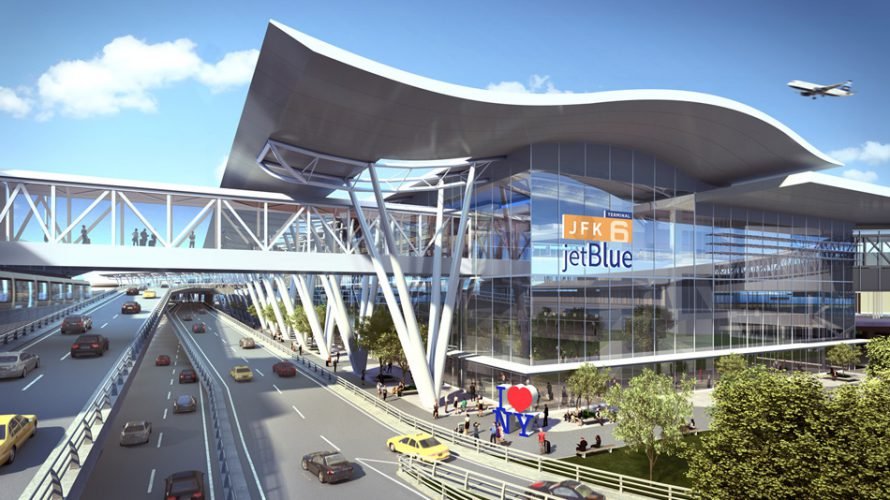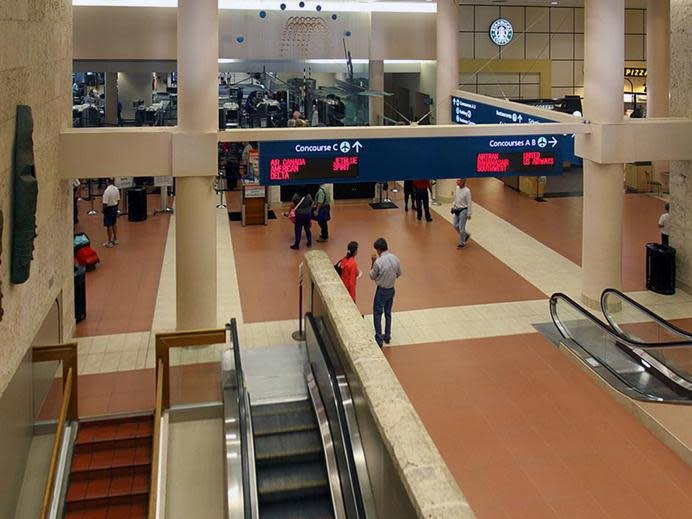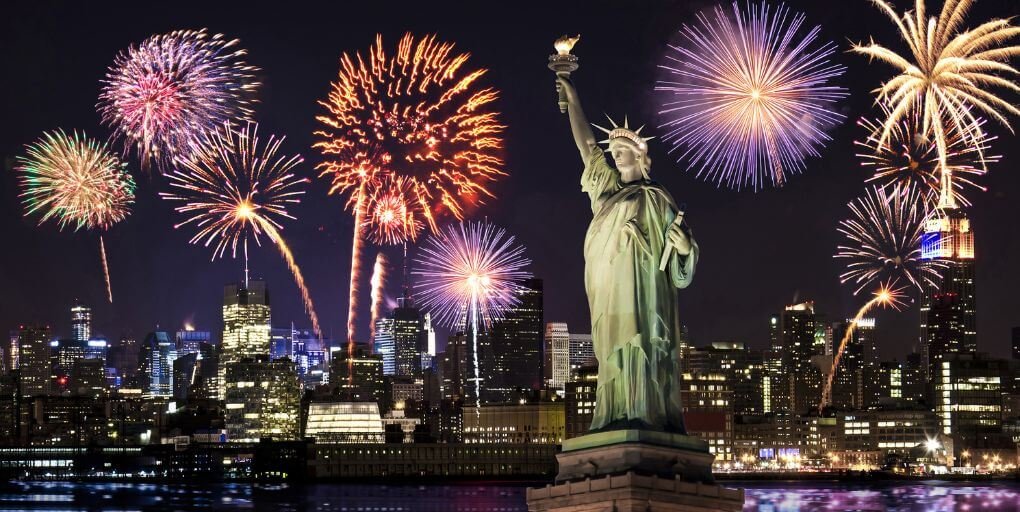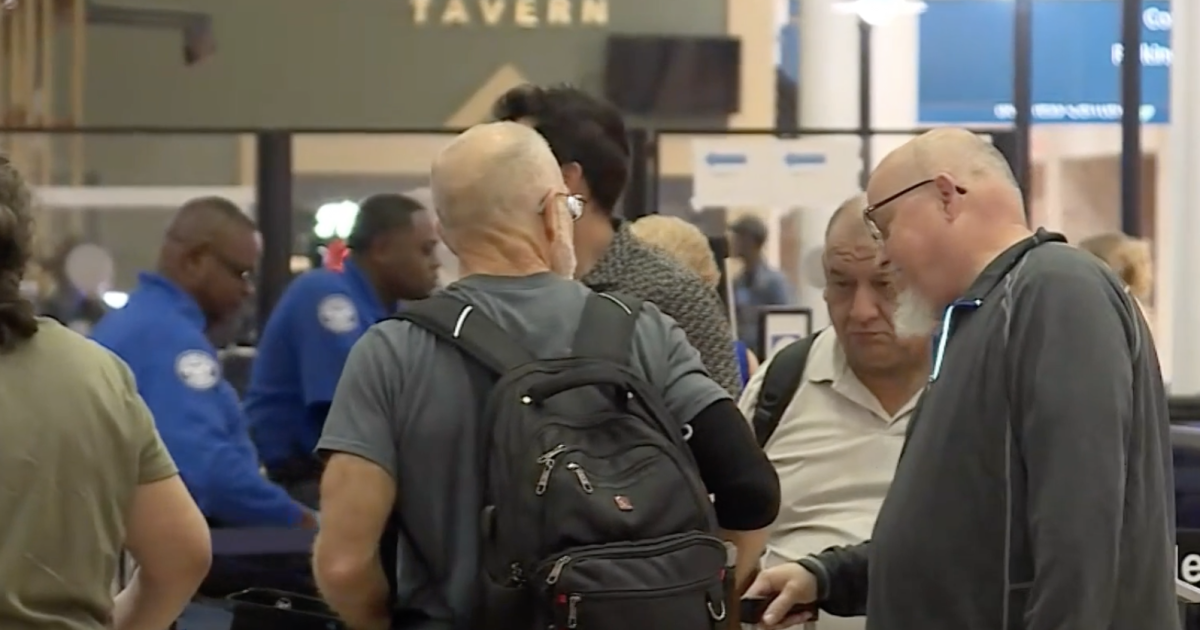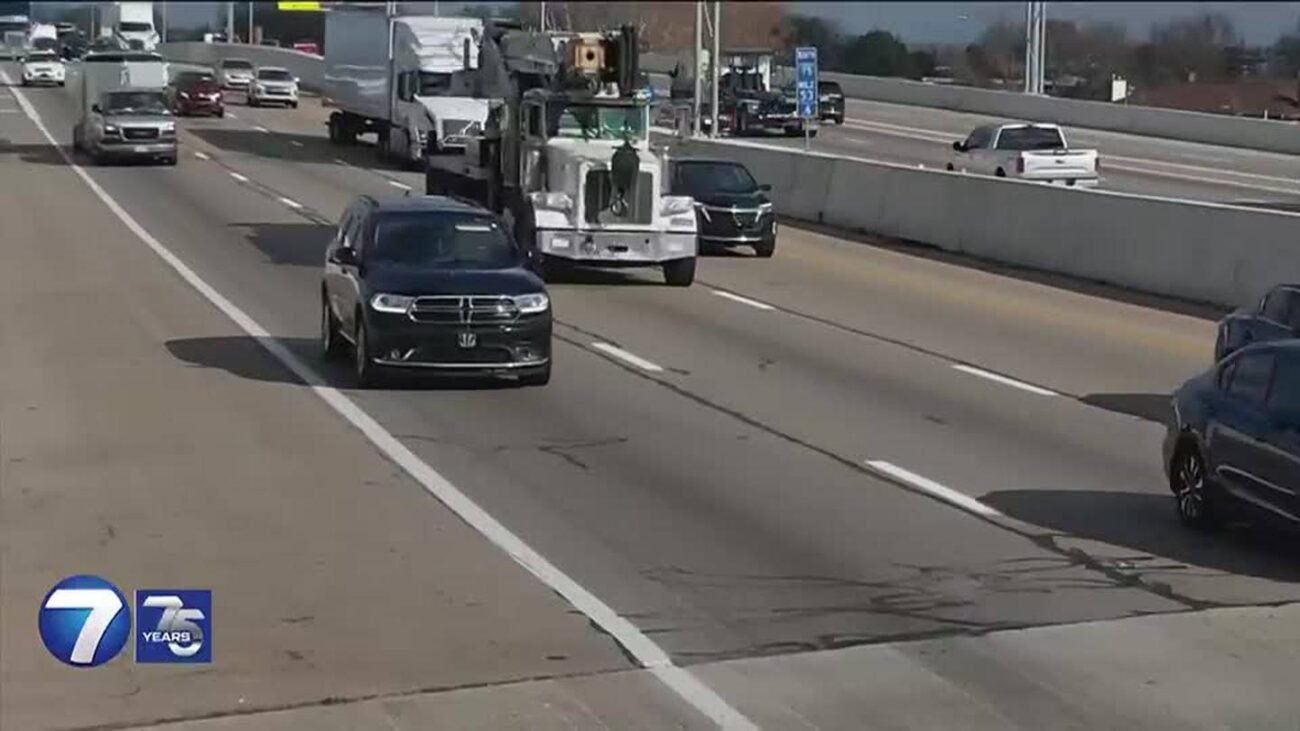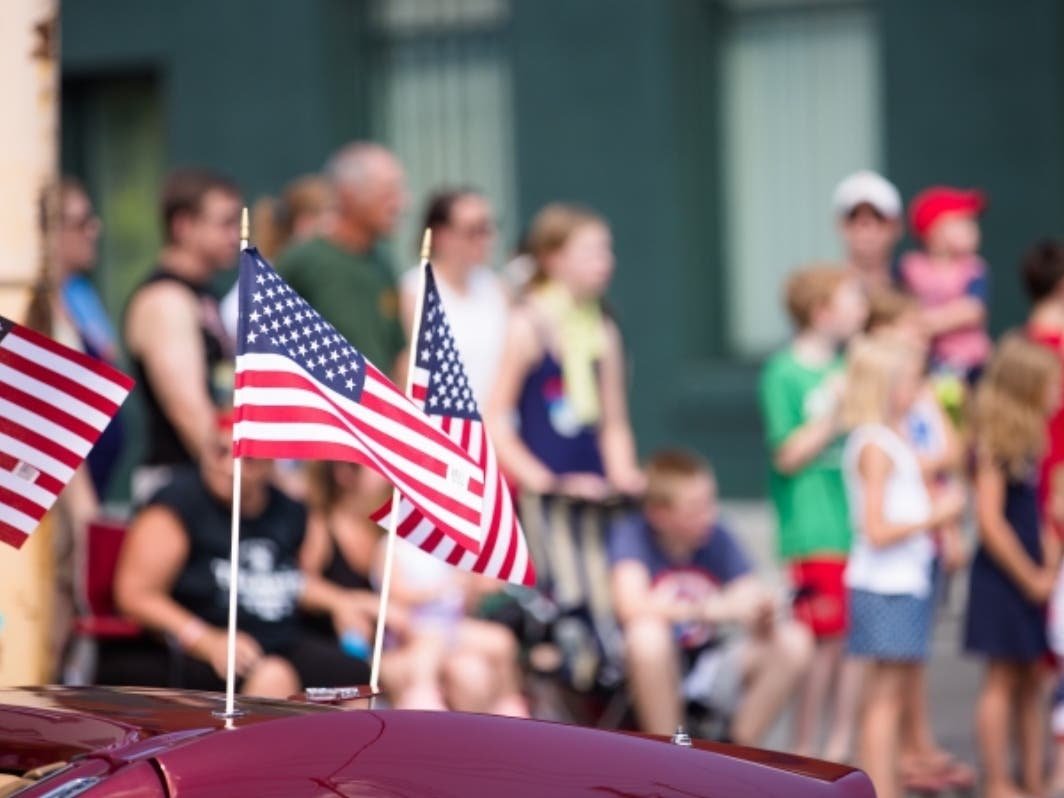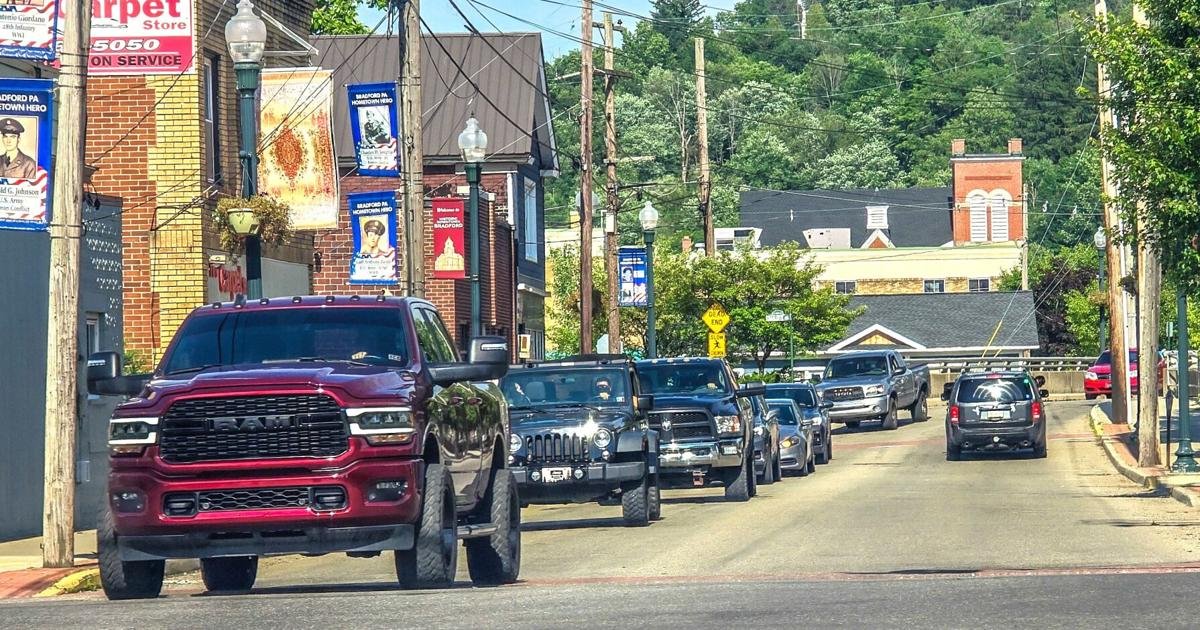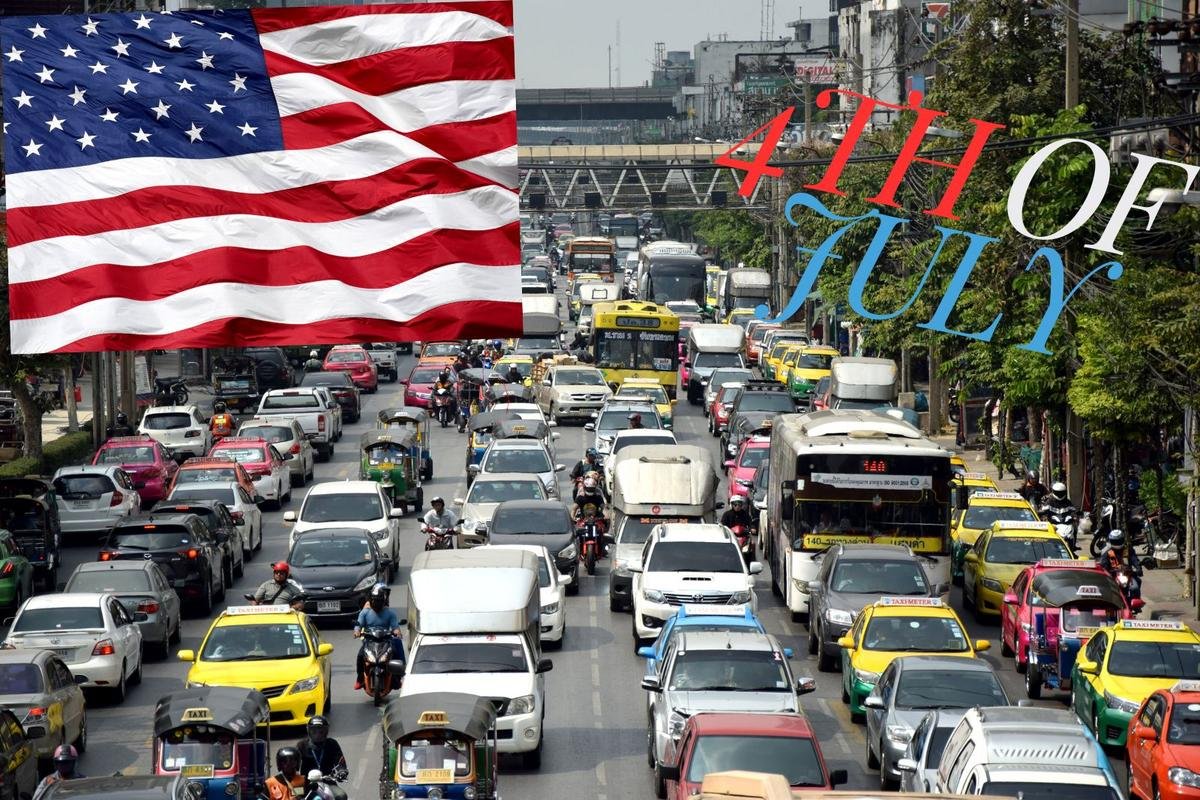The grill isn’t the only thing firing up this Fourth of July.
Record travelers will hit the highways for Thursday’s holiday but won’t escape the heat as much of the country will see historic highs — and thunderstorms that threaten to rain on some parades.
“A portion of the country will see nature’s fireworks, which will provide their own show of showers and thunderstorms,” AccuWeather senior meteorologist Tyler Mays told The Post.
Thunderstorms will likely span Montana, the Dakotas and Ohio to Virginia and Maryland, Mays said, and could reach New York City and southern New England.
“But it’s not going to be a total washout,” Mays added.
It will feel over 100 degrees in the south and out west, where heightened wildfire risks are prompting officials to consider fireworks and campfire bans.
Aside from a possible afternoon shower on Independence Day, the Big Apple is in for muggy temperatures in the low 90s.
The days leading up to the Fourth will remain in the 80s and the following weekend will see thunderstorms and temperatures lingering near 90.
Beachgoers should beware of dangerous rip currents along south-facing beaches on Long Island, Fox Weather reported.
Approximately 5.7 million New Yorkers hightail it out of the humidity for the holiday, contributing to a July 4th projected to be the busiest ever in terms of travel, according to AAA.
Over 70.9 million total travelers will head 50 miles or more from home, up 5% from last year and 8% from 2019. More than 60 million will go by car while air travel is also expected to set a new record.
The Transportation Security Administration expects to screen more than 32 million people between June 27 and July 8, a 5.4% increase from last year.
Friday was the 4th busiest day ever, with just under 3 million people passing through airports nationwide, the TSA reported.
“Summer vacations are in full swing, and with the flexibility of remote work, more Americans are taking extended trips around Independence Day,” said Alec Slatky, public and government affairs director for AAA Northeast.
The worst traffic delays are expected on Wednesday, July 3, and Sunday, July 7, according to data analytics firm INRIX.










